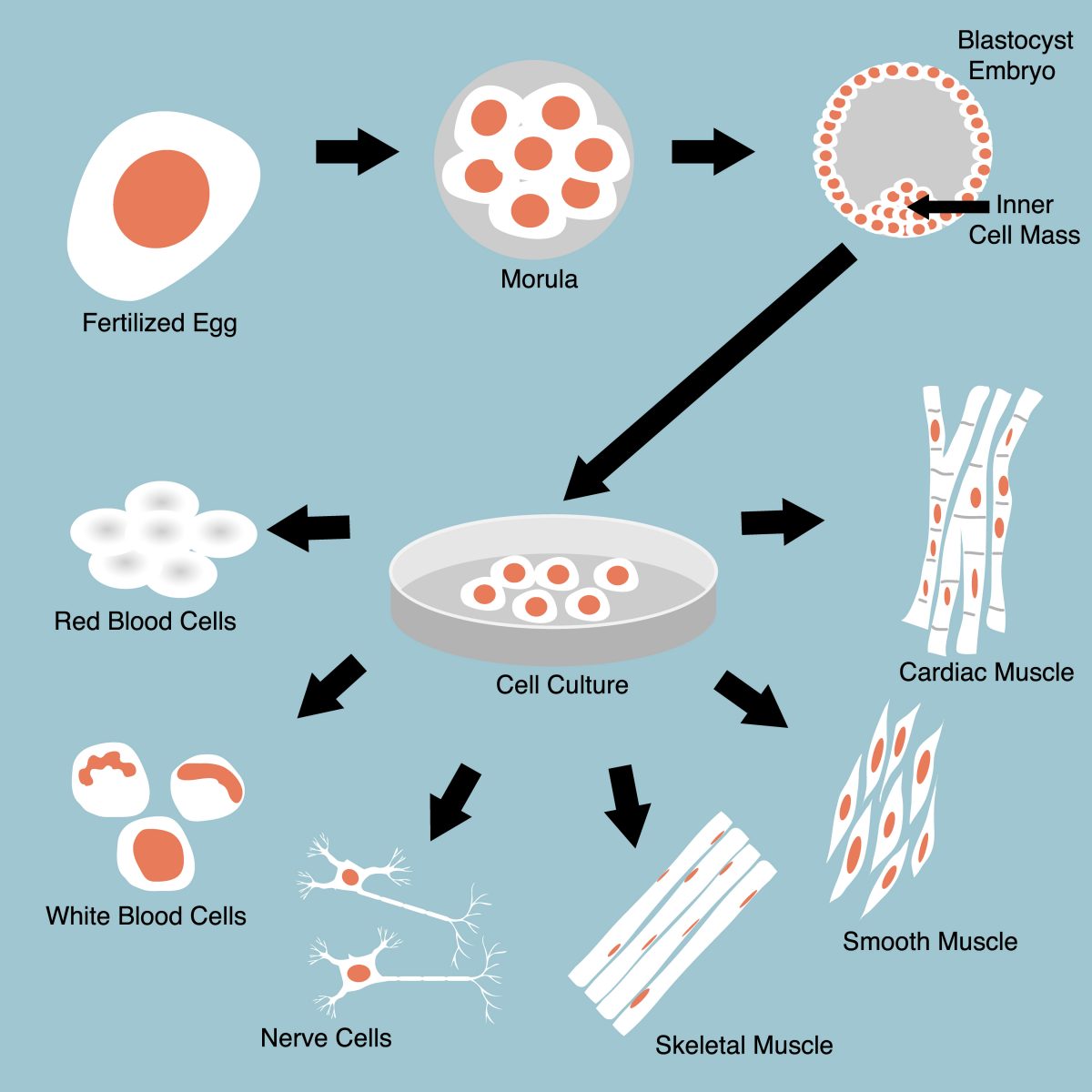Low-Dose Irradiation Enhances Gene-Editing in Human Pluripotent Stem Cells

In a new study entitled “Low-Dose Irradiation Enhances Gene Targeting in Human Pluripotent Stem Cells” researchers showed that providing low-dose radiation to human pluripotent stem cells can enhance gene-editing, allowing a faster and less expensive throughput of edited cells to understand and find the cure for several diseases with a genetic cause, including Huntington’s disease. The study was published in the Stem Cells Translational Medicine journal.
Human pluripotent stem cells (hPSCs) hold great promise for clinical therapeutics, as they are capable of generating almost every cell type in the body, including muscle, nerve, heart, and blood. These cells can be used to generate tissue for transplantation and to allow a new understanding of diseases creating faster and more accurate screenings for novel drugs.
Researchers at the Cedars-Sinai Board of Governors Regenerative Medicine Institute showed that low-dose irradiation to hPSCs significantly increased gene-editing efficiency by 10 times (when compared to current used techniques), as co-senior author Clive Svendsen, PhD, director of the Board of Governors Regenerative Medicine Institute noted, “This novel technique allows for far more efficient gene editing of stem cells and will increase the speed of new discoveries in the field.”
Gene editing is a technique that allows researchers to introduce modifications into a disease-causing gene and, in theory, test a disease cure in vitro. In parallel, scientists can also generate mutations within genes and study how these alterations affect a certain disease. This new step with irradiation therefore fosters our understanding of genetic diseases, such as spinal muscular atrophy, muscular dystrophy and Huntington’s disease.
Co-senior author Vaithilingaraja Arumugaswami, MVSc, PhD, director of the Pancreas and Liver Program in the Cedars-Sinai Board of Governors Regenerative Medicine Institute commented, “The combination of low-dose irradiation and correct gene copy will accelerate our ability to model human disease using stem cells from patients with many different disorders.”
“Radiation, which is normally considered harmful, has proven beneficial in gene editing. This new technique will help us establish far more accurate models and accelerate the discovery process,” added Svendsen.






